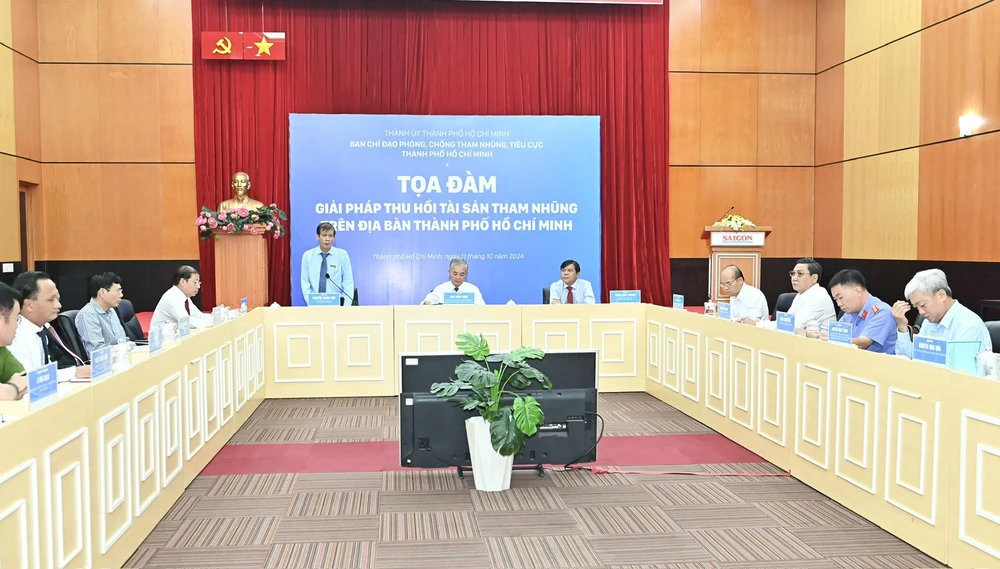
On the morning of October 11, at the Saigon Giai Phong Newspaper Hall, the City Party Committee's Internal Affairs Committee - the Standing Office of the Steering Committee for Anti-Corruption and Negative Behavior of Ho Chi Minh City coordinated with Saigon Giai Phong Newspaper to organize a seminar on "Solutions to recover corrupt assets in Ho Chi Minh City".
The discussion was chaired by comrades: Ngo Minh Chau, member of the City Party Committee, Head of the City Party Committee's Internal Affairs Committee, Deputy Head of the Standing Committee of the Steering Committee for the Prevention and Control of Corruption and Negativity of Ho Chi Minh City; Tang Huu Phong, Deputy Head of the Propaganda Department of the Ho Chi Minh City Party Committee; Nguyen Khac Van, Deputy Editor-in-Chief in charge of Saigon Giai Phong Newspaper.
The seminar was attended and discussed by invited guests on the work of improving the effectiveness of recovering corrupt assets in Ho Chi Minh City. They were: Tran Van Bay, Chief Inspector of Ho Chi Minh City, Member of the Steering Committee for Anti-Corruption and Negative Activities of Ho Chi Minh City; Nguyen Thanh Sang, Deputy Head of the Internal Affairs Committee of the Ho Chi Minh City Party Committee; Phung Van Hai, Deputy Chief Justice of the Ho Chi Minh City People's Court; Ngo Pham Viet, Deputy Chief of the Ho Chi Minh City People's Procuracy; Nguyen Van Hoa, Director of the Ho Chi Minh City Civil Judgment Enforcement Department; Nguyen Ngoc Thao, Deputy Director of the Ho Chi Minh City Department of Finance, Chairman of the Ho Chi Minh City Council for Regular Asset Valuation in Criminal Proceedings; Lieutenant Colonel Ngo Thuan Lang, Deputy Head of the Economic Police Department of Ho Chi Minh City Police; Lieutenant Colonel Le Van Bach, Deputy Chief of the Office of the Ho Chi Minh City Police Investigation Agency.
Also attending and speaking were: Dr. Lawyer Phan Trung Hoai, Vice President of the Vietnam Bar Federation ; Dr. Lawyer Ha Hai, Member of the Standing Committee of the Vietnam Bar Federation, Vice President of the Ho Chi Minh City Bar Association; Master Ho Quan Chinh, Lecturer, Head of the Department of Training for Civil Judgment Enforcement Positions, Ho Chi Minh City Branch of the Judicial Academy; Master Le Thi Mo, Faculty of State Administrative Law, Ho Chi Minh City University of Law.
Early detection but unable to seize
Chief Inspector of Ho Chi Minh City Tran Van Bay informed that the recovery of assets through inspection work encountered difficulties mainly because the regulations on recovery of assets in corruption and economic cases were still principled, not specific, and lacked regulations on coercive measures and sanctions for cases where inspection subjects were slow, deliberately evading or shirking responsibility.
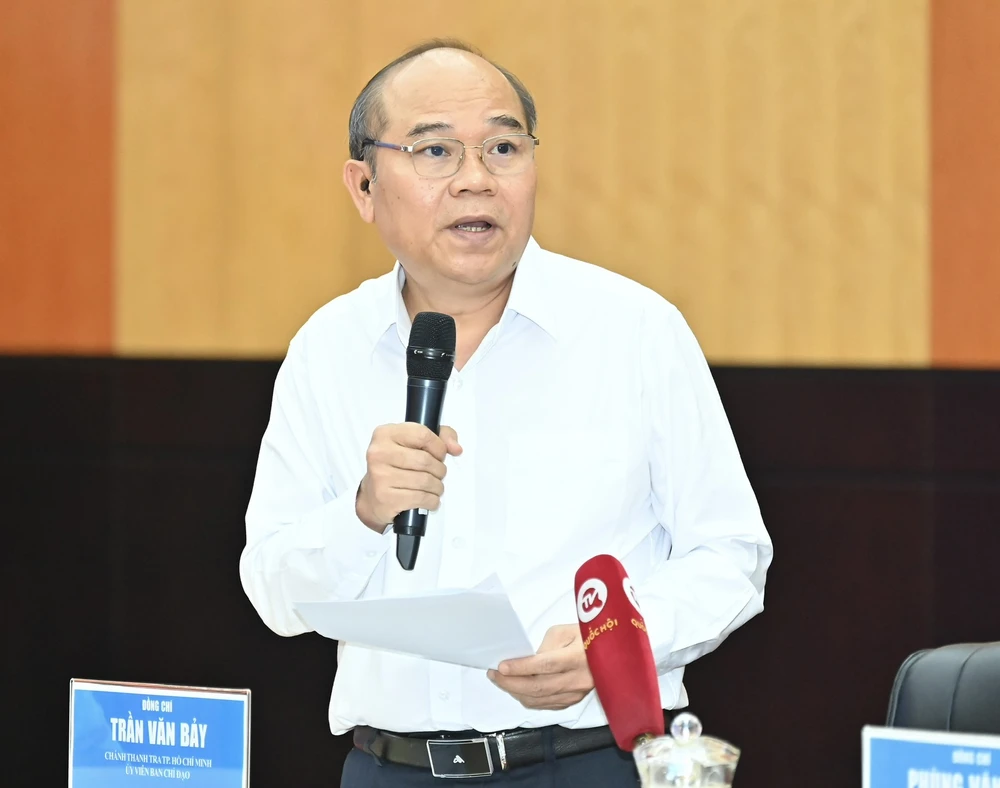
The policy mechanism on land, real estate, bonds and securities is not yet consistent and loose, causing difficulties in handling and recovering when enforcing judgments and handling after inspection.
Meanwhile, criminal acts and economic corruption may have been detected through inspection and examination activities and from complaints and denunciations from individuals and organizations or through self-inspection by agencies, organizations and units. However, the time to apply the measure of asset seizure is only applied to suspects and defendants.
He analyzed that during the inspection process, if violations are discovered, the handling of assets that are illegally appropriated, seized, used, or lost due to illegal acts will be handled as follows: only assets that are money will be transferred to the temporary holding account of the inspection agency. As for other assets, the inspection agency does not have direct authority but can only request and recommend handling.
The inspection agency also does not have the authority to request the freezing or seizure of assets during the inspection period for individuals and organizations involved in the illegal appropriation, seizure, use or loss of assets due to illegal acts. This poses a high risk of dissipation of assets by the violators themselves and their relatives.
According to the Chief Inspector of Ho Chi Minh City, assets that are confiscated when the inspected subjects are found to have illegally appropriated, seized, used or lost State assets during the inspection process are assets directly related to violations. In reality, assets obtained from violations in economic and corruption cases are often hidden, covered up, and transferred in form of ownership during the crime, before the inspection and before the decision to prosecute the case and prosecute the accused is made.
On the other hand, there is currently no specific coordination mechanism between the Inspectorate and competent authorities in verifying and tracing money and assets that have been illegally appropriated, seized, or used by violators. This situation makes it difficult to recover assets related to corruption and negativity.
Furthermore, the control of assets of officials and civil servants in the political system is not really strict. The 2018 Law on Anti-Corruption and Decree 130 of the Government have provisions on controlling assets and income of people holding positions and powers in agencies, organizations and units, but currently there are no specific instructions on how to control assets and income, and there is no national database on asset and income control.
Legal synchronization to limit asset dissipation
Drawing from practice, the Chief Inspector of Ho Chi Minh City proposed to continue to disseminate, thoroughly grasp, and fully and seriously implement the Party's guidelines, laws, and State policies on the recovery of lost and misappropriated assets in criminal cases of corruption and economic crimes.
Chief Inspector of Ho Chi Minh City Tran Van Bay assessed that, in addition to thoroughly grasping and communicating in the fight against corruption and negativity, the highlight is that the work of recovering assets needs to be strengthened. Organizing the discussion "Solutions for recovering corrupt assets in Ho Chi Minh City" at SGGP Newspaper is a new way, demonstrating the participation of the media in monitoring the work of preventing and fighting corruption and recovering corrupt assets so that people know and monitor through the press, creating a very strong effect", Mr. Tran Van Bay commented and proposed that in the coming time, the Standing Office of the Steering Committee for Prevention of Corruption and Negativity will continue to have new ways to promote the role of the media, press and people.
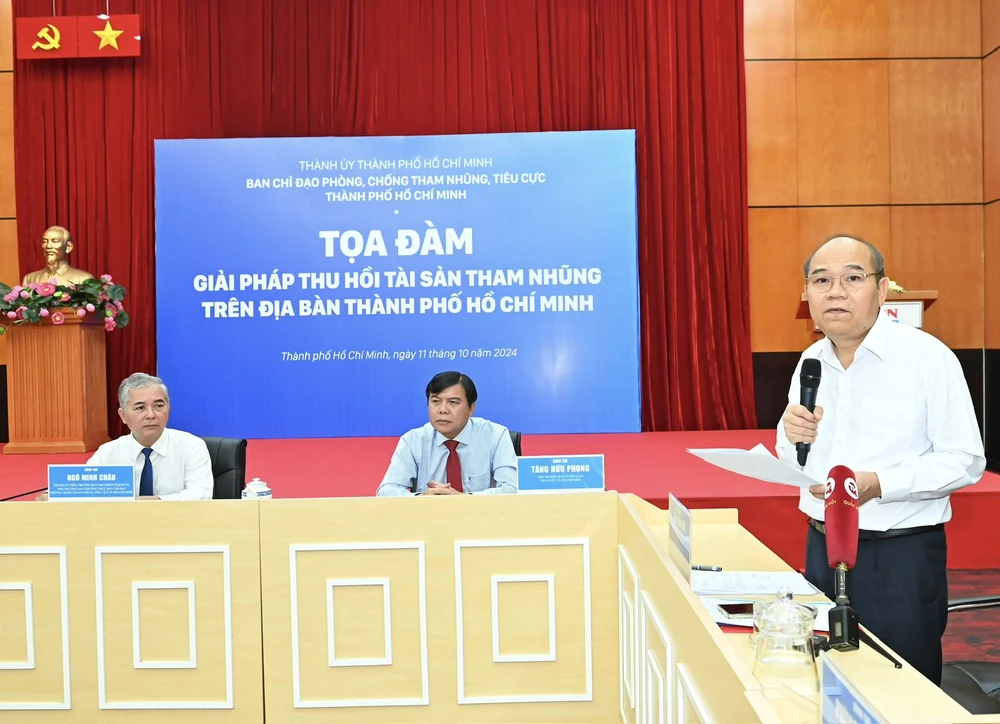
Along with that, there are specific regulations on coercive measures and sanctions for cases where inspected subjects procrastinate, deliberately avoid or evade responsibility, prolong time, delay or fail to pay money, assets are illegally appropriated, seized, used or lost due to illegal acts of inspected subjects.
There should be specific legal regulations to clearly indicate the authority, responsibility, order and procedures for recovering assets right from the inspection and audit stage; there should be specific regulations on the direct authority of the inspection agency over assets that are real estate, movable property and valuable papers; there should be authority to request the freezing and seizure of assets right during the inspection stage for individuals and organizations related to assets that have been illegally appropriated, seized, used or lost due to illegal acts.
“Legal regulations must be consistent, unified and feasible to limit the dissipation of assets by criminals themselves and their relatives. It is necessary to study and perfect legal regulations on the mechanism of confiscation and recovery of assets by criminalizing illegal enrichment to increase the effectiveness of sanctions against corruption,” Chief Inspector of Ho Chi Minh City Tran Van Bay proposed.
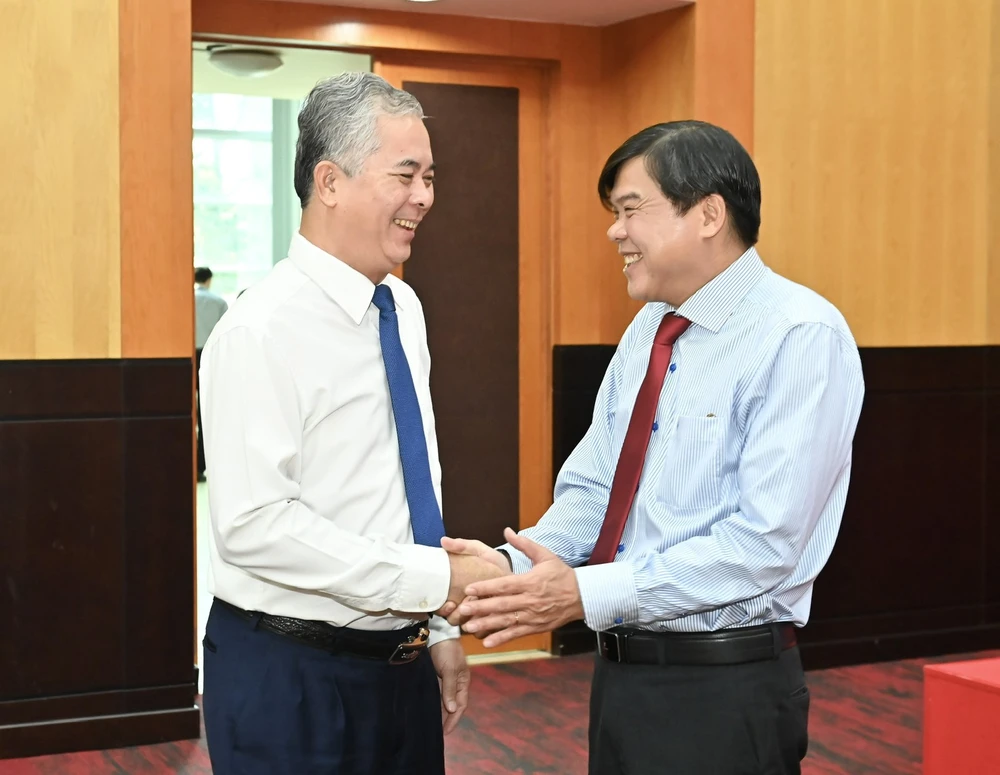
At the same time, it is necessary to soon have coordination regulations between inspection and auditing agencies and prosecution agencies right from the inspection and auditing stage to ensure thorough asset recovery right from the stage of detecting violations.
In the long term, it is necessary to soon build and complete the National Database system on asset and income control; national database on land; legal regulations on non-cash payments; databases in the fields of real estate, banking, capital contribution and share transfer. Regulations on the right to inspect, monitor and track changes in all assets and income of people with positions and powers during the inspection process (including increases and decreases in assets and income), in order to create an important basis for transparency of income and assets, contributing to preventing and detecting corruption as well as contributing to improving the efficiency of asset recovery for the state.
During the period from 2021 to 2023 and the first 6 months of 2024, the Ho Chi Minh City Inspectorate conducted 828 inspections and made recommendations for economic handling. Specifically, in 2021, more than 10.6 billion VND and 104.36 m2 of land were recovered; in 2022, 37.2 billion VND and 183 m2 of land were recovered; in 2023, more than 20.4 billion VND and 183 m2 of land were recovered. In the first 6 months of 2024 alone, nearly 28 billion VND (nearly 100%) and 26,684 m2 of land were recovered.
According to the Chief Inspector of Ho Chi Minh City, in order to effectively recover money and assets that have been illegally appropriated, seized, used, or lost through inspection and examination, the annual inspection plan of the Ho Chi Minh City Inspectorate focuses on areas prone to corruption and negativity, thereby promptly detecting and recovering money and assets that have been illegally appropriated, seized, used, or lost.
The decision to recover assets must be made immediately upon discovering that the inspected entity has illegally appropriated, seized, used or lost state assets without having to wait for the inspection conclusion, unless otherwise provided by law. “This is also the stage that determines the effectiveness of recovering illegal assets during the inspection process. Timely handling, exercising the right to temporarily detain and recover illegal assets during the inspection process is also one of the effective measures to recover assets caused by illegal acts,” emphasized Chief Inspector of Ho Chi Minh City Tran Van Bay.
THU HUONG - THANH CHUNG - VAN MINH - NGO BINH
Source: https://www.sggp.org.vn/chanh-thanh-tra-tphcm-de-xuat-hinh-su-hoa-hanh-vi-lam-giau-bat-hop-phap-de-tang-hieu-qua-xu-ly-tham-nhung-post763068.html



![[Photo] More than 17,000 candidates participate in the 2025 SPT Competency Assessment Test of Hanoi National University of Education](https://vphoto.vietnam.vn/thumb/1200x675/vietnam/resource/IMAGE/2025/5/17/e538d9a1636c407cbb211b314e6303fd)

![[Photo] General Secretary To Lam visits exhibition of achievements in private economic development](https://vphoto.vietnam.vn/thumb/1200x675/vietnam/resource/IMAGE/2025/5/18/1809dc545f214a86911fe2d2d0fde2e8)

![[Photo] National conference to disseminate and implement Resolution No. 66-NQ/TW and Resolution No. 68-NQ/TW of the Politburo](https://vphoto.vietnam.vn/thumb/1200x675/vietnam/resource/IMAGE/2025/5/18/adf666b9303a4213998b395b05234b6a)


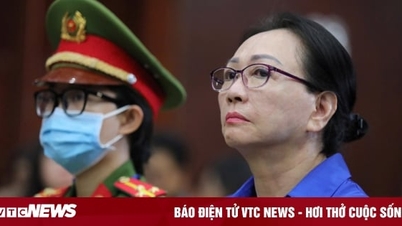

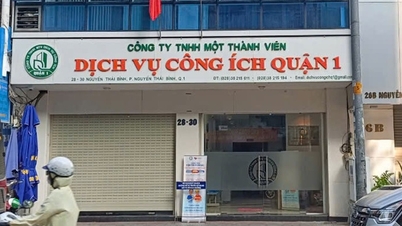


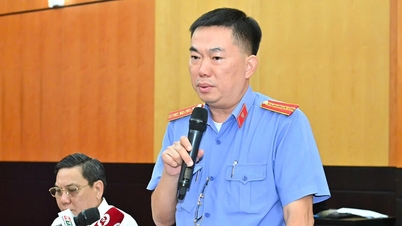
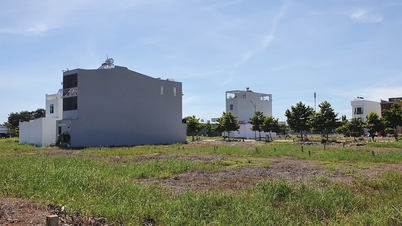



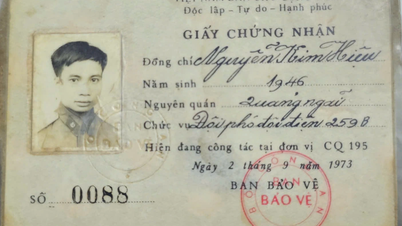





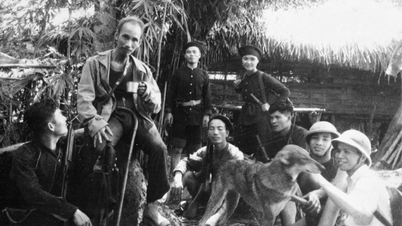
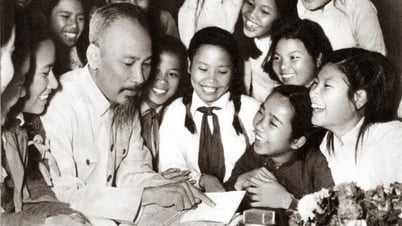





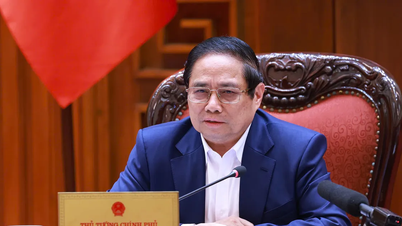
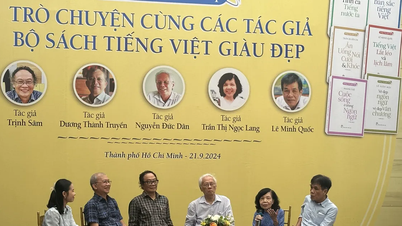
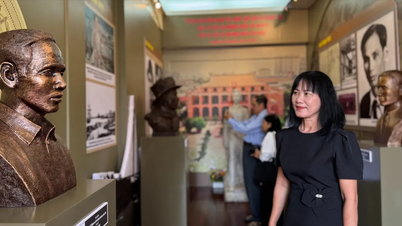
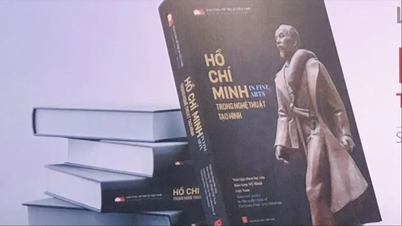

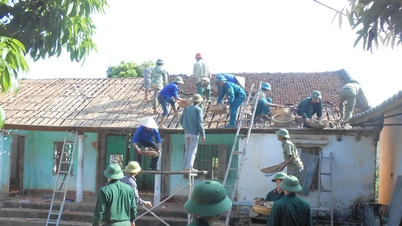
![[Photo] Prime Minister Pham Minh Chinh chairs meeting on science and technology development](https://vphoto.vietnam.vn/thumb/1200x675/vietnam/resource/IMAGE/2025/5/17/ae80dd74c384439789b12013c738a045)









































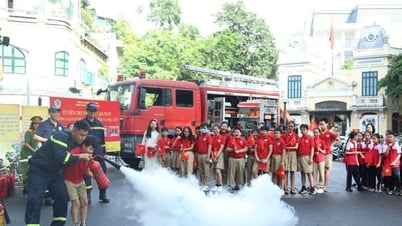






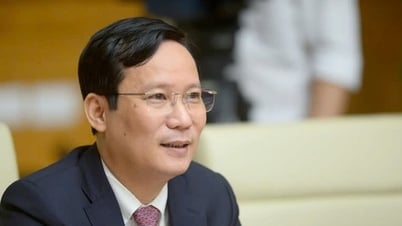









Comment (0)